Chromebook vs laptop – what's the difference and which is better?
Need a new computer? Take a tip from the experts on the pros and cons of choosing a side in the battle of Chromebook vs laptop
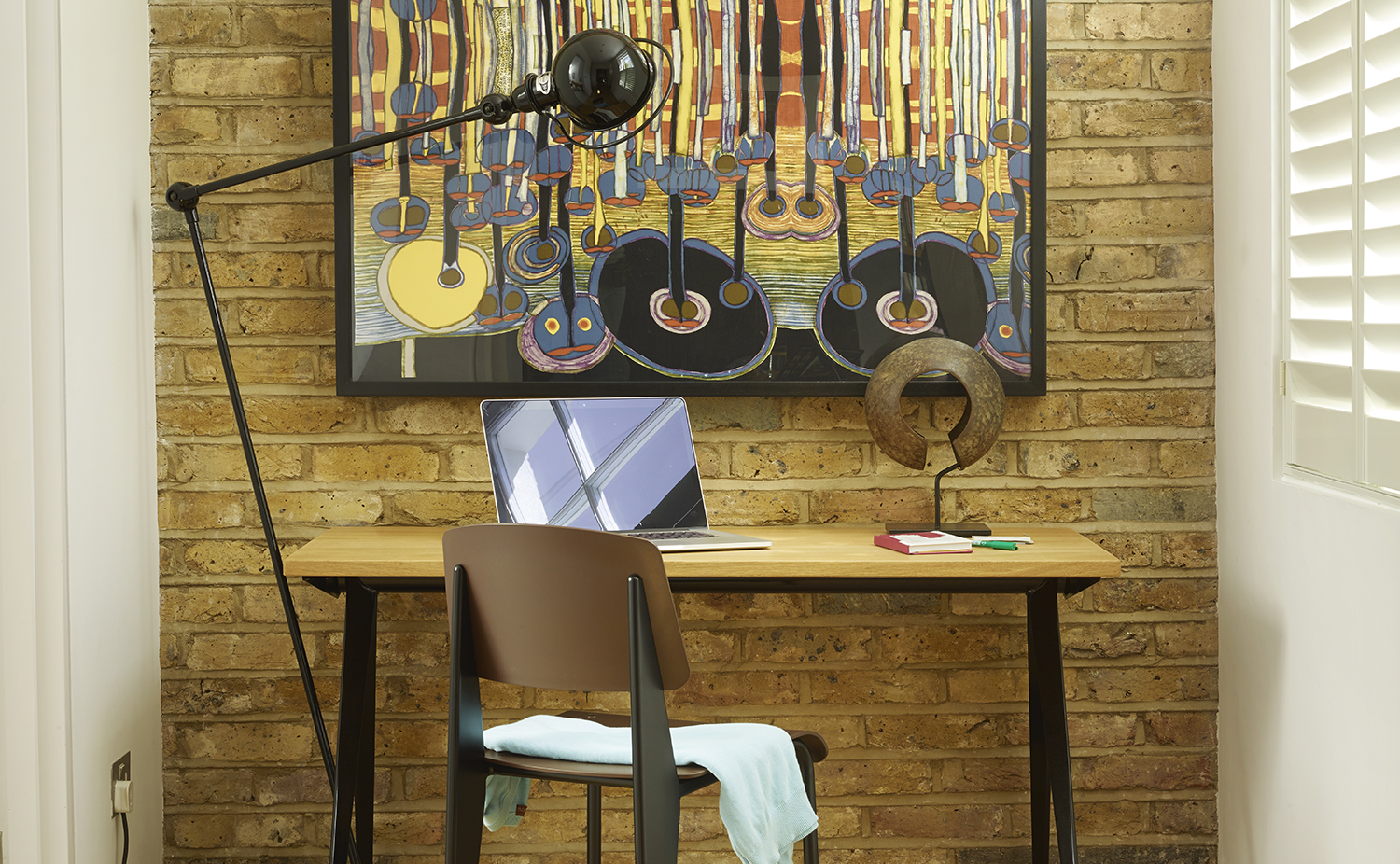
The battle between Chromebook vs laptop rages on. And anyone looking to buy a new computer needs to think carefully about which is right for them before taking the plunge. A Chromebook and Windows laptop may look similar, but there are reasons why you would choose one over the other and vice versa.
A Chromebook can be an excellent, portable choice for day-to-day tasks and general office use and is often considered as being cheaper, speedier and safer than a laptop, for example. Meanwhile, the latest Windows laptops are more powerful and are designed to run a host of software for office work and play. Here we highlight a few points to consider when choosing between a Chromebook and a laptop, with expert advice so you can decide with confidence.
Chromebook vs laptop – what's the difference and which is better?

1. A Chromebook and Windows laptop use different operating systems
While Chromebooks can be similar in design to Windows laptops, they use different operating system. Chromebooks run Chrome OS and are named after Google’s Chrome browser. A Chromebook is an excellent gateway to the Internet and comes with pre-installed apps such as Gmail, Docs and YouTube. But as the experience is web-based and they have a limited amount of local storage, they won't function like your regular laptop.
'You’ll need to be connected to the Internet to get the best out of a Chromebook,' says Tim Danton, author of The Computers That Made Britain. 'The 'offline' mode on Google apps allow you to continue accessing documents, emails or listen to music if your Wi-Fi goes down, but you won't get the full 'live' experience.
'Meanwhile, Windows laptops have their own operating systems running the latest version of Windows 10 or 11 and come with a lots of pros, such as compatible software, ease of use and lots of memory. You won't, however, be able to run all your traditional Windows programs on a Chromebook, which you may find limiting if you're used to using a Windows laptop.'
For more on the pros of a Windows laptop in our feature PC vs laptop – which is better?
2. Speed is of the essence
If you're used to using a Windows laptop, it may take some time to adjust to a new way of working on a Chromebook. What won't take long is how quickly you can actually log onto a Chromebook, which boots up in seconds and can feel much more compact than a Windows device. A Chromebook also tends to have a better battery life (up to an average of around 14 hours), compared to your standard laptop.
'Chrome OS is fast due to being uncluttered by loads of background processes,' says Pete Braithwaite of Kit Online. 'Chromebook’s “Everything Button” replaces the Windows button and allows you to find everything you need fast, whether that be files, apps or answers.'
3. Windows laptops are powerful
The software available for a Windows laptop is likely more powerful than that of a lightweight Chromebook. This is because unlike Windows, it doesn't need a powerful processor or large memory. ‘Chromebooks are – as their name suggests – designed to run Google Chrome, a web browser, rather than download software,’ says Tim Danton. ‘You can now run Android apps on new Chromebooks, but that software will generally be much more simplified compared to what you get on Windows.’
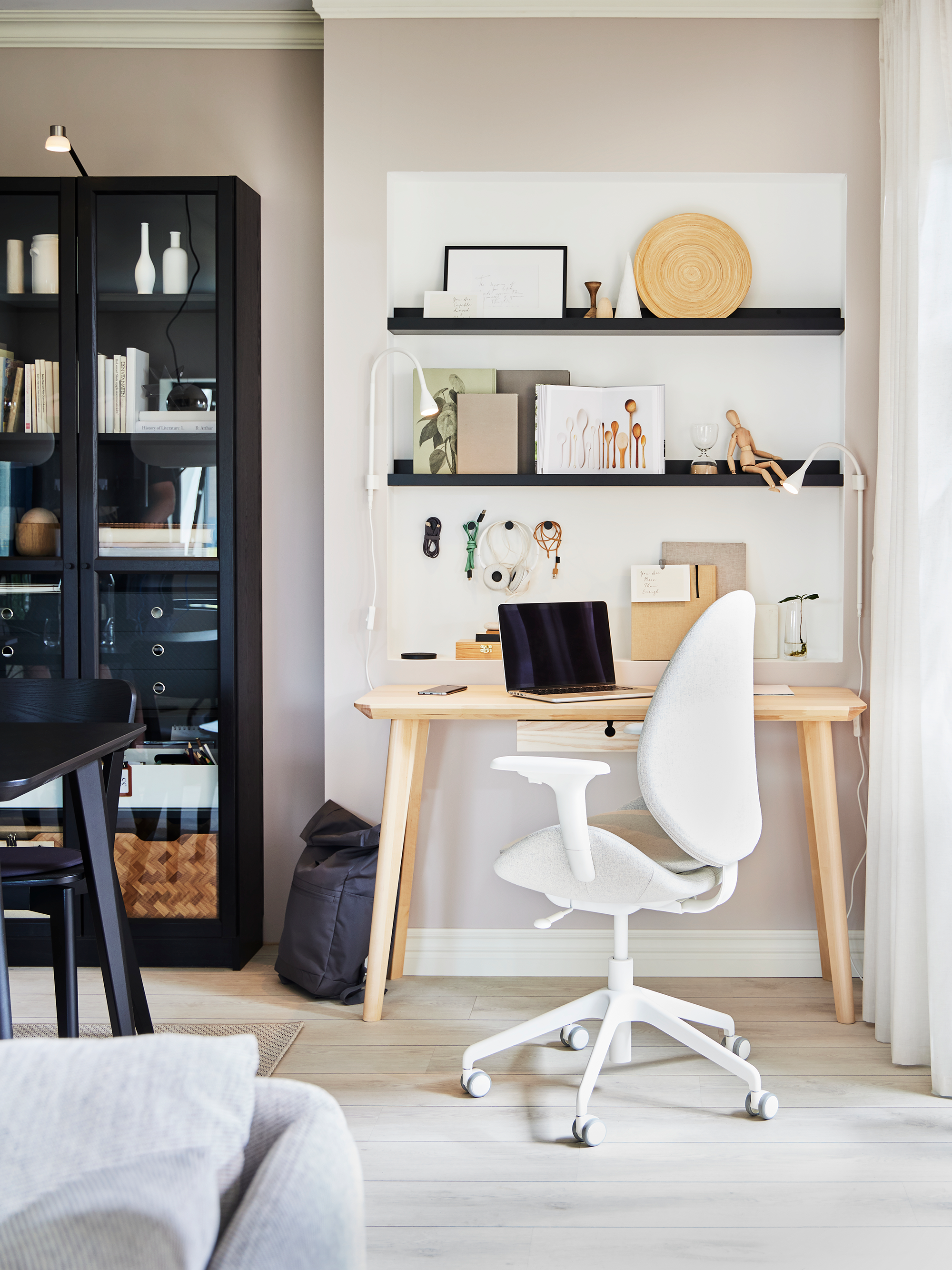
4. Chromebooks can be easier to secure
With built-in virus protection, security is less of an issue when using a Chromebook, as compared to a Windows laptop. ‘Chrome OS offers a stable, simple and lightweight operating system with all apps installed via the Google Play Store,’ says Pete Braithwaite. 'You can continue editing your documents on another device as they’re stored in the cloud and should the worst happen to your device, your data is not compromised.'
‘A Chromebook also has built-in virus protection and secure support for multiple users. This means it's less prone to viruses to keep your data safe and give you peace of mind. ‘Sandboxing’ keeps different software on the Chromebook separate so even if one part gets infected the rest is designed to stay safe.
'A built-in security chip will encrypt sensitive data, while ‘Verified Boot’ will check security and prevent malware when the Chromebook starts.’
This doesn't mean you'll be completely protected, however. You'll still have to be aware of phishing emails, suspicious websites and cookie tracking.
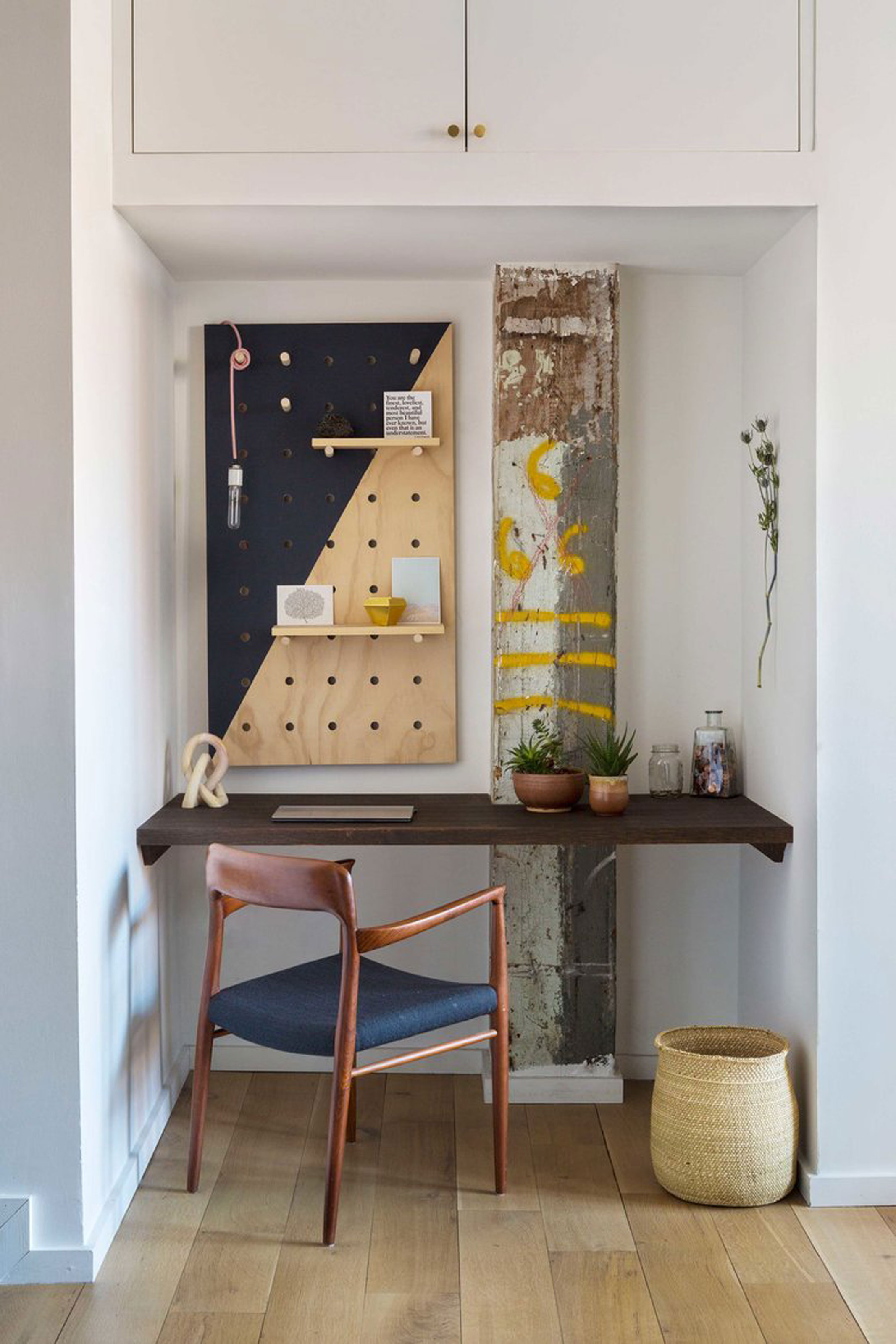
5. A Chromebook can update itself
Being able to update itself is a huge benefit of a Chromebook over a laptop. ‘Chromebooks basically keep themselves up to date and do seamlessly, whereas a Windows laptop will nag and moan far more – and sometimes spoil your day by updating itself when you least want it to!’ says Tim Danton. ‘What’s more, many Chromebooks now come with guaranteed updates.’
One thing to consider is that Windows will continue to provide useful and possibly free updates for as long as you use your computer, which means it has a good shelf life. A Chromebook, however, comes with a AUE date (Auto Update Expiration) that lasts roughly around 6 years. Once that date is up, the Chromebook won't be as secure as it was when you first bought it.
6. Consider your budget
Chromebooks can be cheaper to buy than a laptop. A Chromebook doesn’t need a powerful processor like a Windows laptop or lots of RAM memory, which brings the price down considerably. Look online and you’ll notice that you’ll get more for your money if you buy a Chromebook, compared to a Windows laptop. That said, the price of the Chromebook is increasing daily as it's no longer being considered as just an entry-level computer.
‘Pound for pound, a Chromebook will feel faster and slicker than an equivalent Windows laptop, and you can buy a new Chromebook for a third of the price of the cheapest MacBook,’ says Tim Danton. 'You won't have the power or range of applications that you would with a Windows laptop, however.'
Should I choose a Chromebook or Windows laptop?
There's probably more choice when it comes to Windows-based laptops compared to those running Chrome OS. That said, there are some impressive Chromebook options available.
'Now also targeting B2B customers with Chrome Enterprise, the Chrome OS has matured and there are devices to suit all budgets in all form factors,' explains Pete Braithwaite. 'Some of the latest Chromebooks feature a lntel® Core™ i7 processor, WiFi 6, fingerprint sensors and up to 4K UHD touchscreen displays.
'For standard users needing browsing and office document capabilities the Chromebook is a great, cost-effective option. For those in education and for people working on the go or anyone with a lengthy commute, Chromebooks should be given serious consideration.
'If you do a lot of office-based work, or you're a graphic designer, architect or developer then you’re probably going to want to look at Windows laptop alternatives.'
Looking to speed up your existing computer, read how to fix a slow computer here.
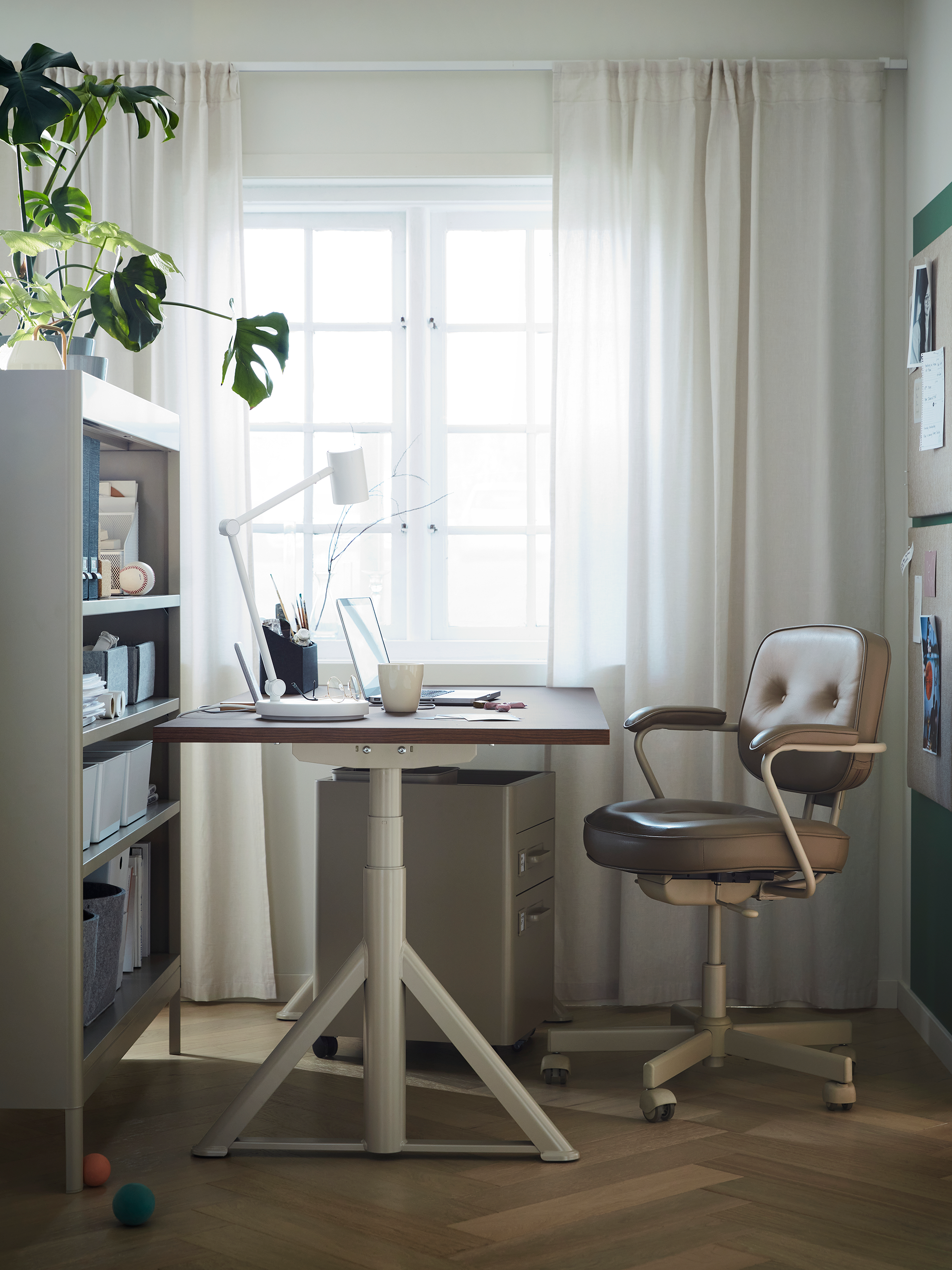
Be The First To Know
The Livingetc newsletters are your inside source for what’s shaping interiors now - and what’s next. Discover trend forecasts, smart style ideas, and curated shopping inspiration that brings design to life. Subscribe today and stay ahead of the curve.
One of the UK's most respected tech and smart homes writers, Emily Peck also covers everything from interiors style to decorating trends. She is a contributor to Wired UK, and has also had a column in House Beautiful. She has written for publications such as Grand Designs, Stylist, Shortlist, Woman&Home, BBC, Ideal Home and House & Garden. She was once the Features Editor of Ideal Home.
-
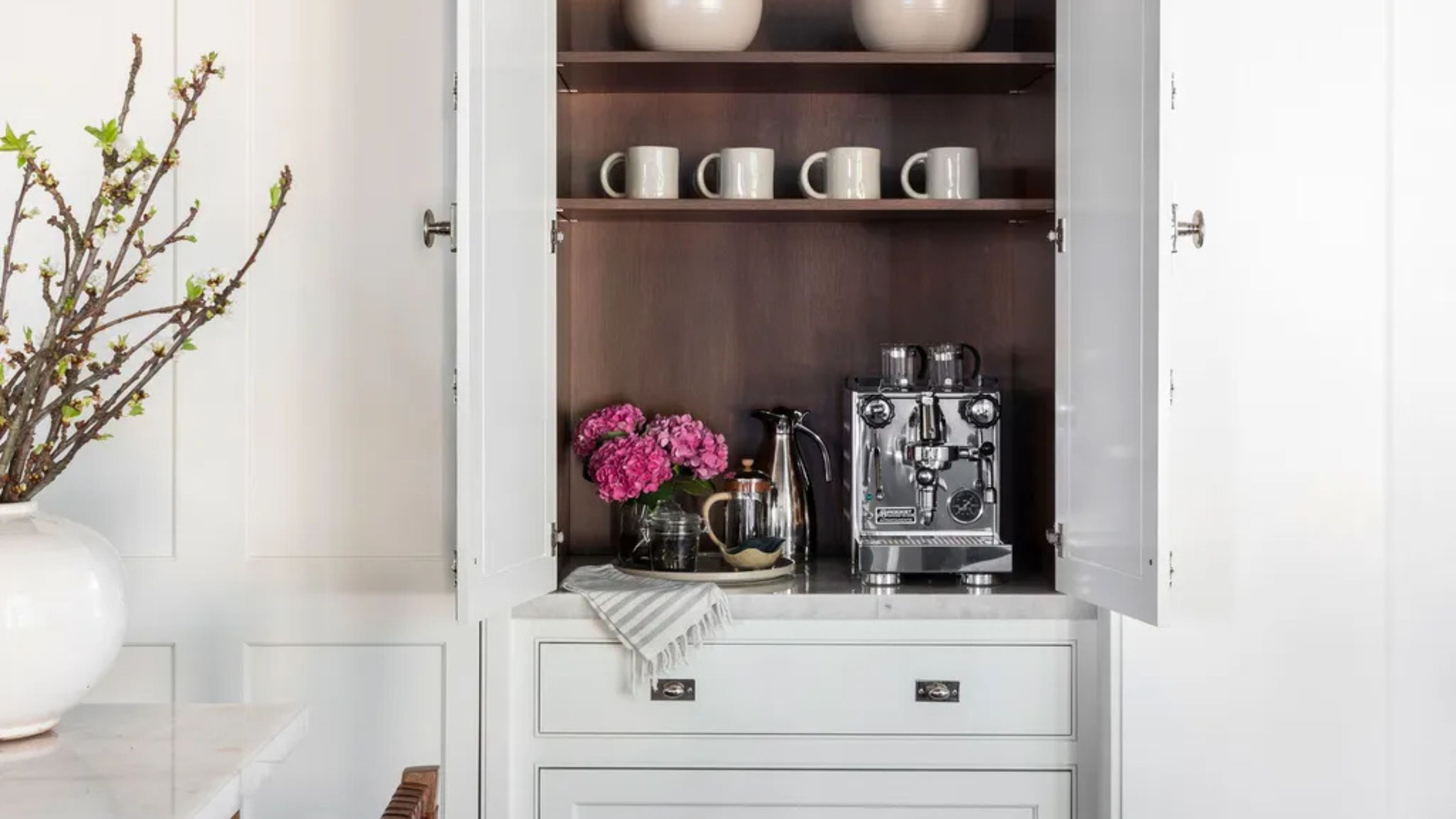 Turns Out the Coolest New Café is Actually In Your Kitchen — Here's How to Steal the Style of TikTok's Latest Trend
Turns Out the Coolest New Café is Actually In Your Kitchen — Here's How to Steal the Style of TikTok's Latest TrendGoodbye, over-priced lattes. Hello, home-brewed coffee with friends. TikTok's 'Home Cafe' trend brings stylish cafe culture into the comfort of your own home
By Devin Toolen Published
-
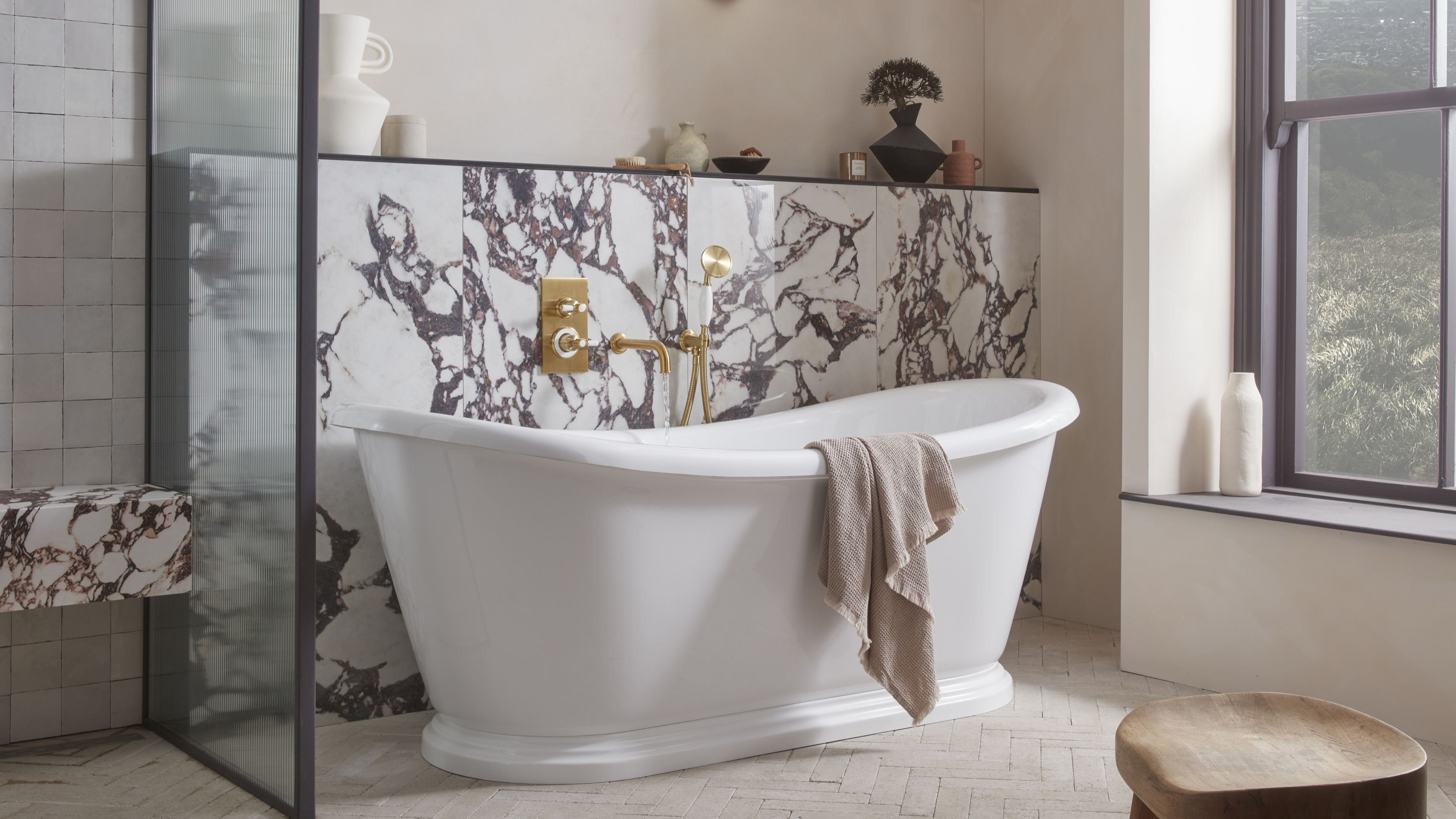 5 Bathroom Layouts That Look Dated in 2025 — Plus the Alternatives Designers Use Instead for a More Contemporary Space
5 Bathroom Layouts That Look Dated in 2025 — Plus the Alternatives Designers Use Instead for a More Contemporary SpaceFor a bathroom that feels in line with the times, avoid these layouts and be more intentional with the placement and positioning of your features and fixtures
By Lilith Hudson Published